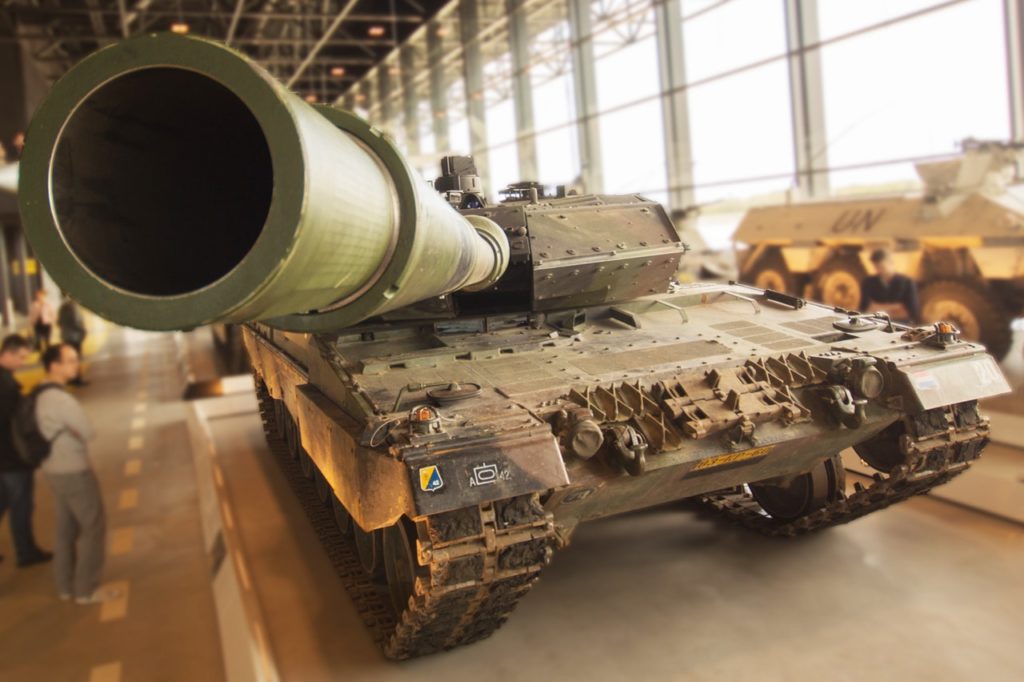Mechanical engineering is often considered as the evergreen branch among the engineering disciplines.
First, if you’re looking to launch your own blog and start writing articles yourself, no matter what the subject, you can launch your blog with Bluehost for just $3.95/month.
Start creating content and launch your blog with Bluehost.
It is the most versatile and diverse engineering field, while being the oldest branch of engineering, dating back to when the first wheels were created and mounted on an axle to create a cart. It merges the areas of math, physics, materials science and engineering. These are utilized to to research, design, develop, test and maintain any kind of mechanical system/device or system in motion.
History
Throughout history, mechanical engineers have been creating and building instruments, devices and machines for the betterment of our everyday life. Mechanical engineering is synonymous with the industrial revolution that began after the invention of the steam engine by Mr. James Watt.

The steam engines provided a key source of power for the industrial revolution, and this gave enormous impetus to the development of machinery of all types. Similar to train transport, the Wright brothers invented the plane that revolutionized the aviation industry around the same time. As a result of this, a new classification of engineering dealing with machines and tools was developed, receiving formal recognition in 1847 with the founding of the Institution of Mechanical Engineers in Birmingham, England.
Applications
Mechanical engineering has direct contributions to almost every branch of industry/engineering, ranging from oil exploration to aerospace, aeronautics to manufacturing, automobiles to drilling and so much more.
Mechanical engineers have created and improved a wide variety of products and machines; from planes including commercial and fighter planes, simple agricultural equipment to tractors, bull carts to all sorts of modern trains and cars and from simple boats to submarines and big ships.
A lot of modern inventions such as spacecraft, battle tanks, rockets, robots, power plants, air-conditioners, guns and missiles are all also created by mechanical engineers. These inventions are designed on 3D CAD programs such as AutoCAD, Revit, Inventor and Fusion 360, and prototypes can be made from the models generated on them.

In absolutely every industry there is a need for a mechanical engineer and the involvement of mechanical engineers can vary from 40% up to 80%. No matter what type of product you choose whether it be electrical, mechanical or chemical, a major contribution from mechanical engineering is needed.
As a result of this involvement from mechanical engineers in various organisations and industries, the branch of mechanical engineering is regarded as the evergreen branch of engineering.
To master the mechanical engineering field will require an in-depth knowledge of a number of various fields; thermodynamics, electricity, dynamics, mechanics, structural analysis and materials science.
Progression
Mechanical engineering evolved from the practice by the original “mechanical engineers”, based largely on a trial and error method, to the application by professional engineers of the scientific method in design, research and production.
Traditionally, mechanical engineers were generally associated with areas like the refrigeration and air-conditioning sector, aerospace sector, automotive sector, and power sector. As time progressed it expanded into robotics, kinematics, fluid mechanics, thermodynamics and structural analysis.
However, in recent times, mechanical engineering has expanded rapidly beyond its traditional boundaries and has become very interdisciplinary in nature. This has created demand for mechanical engineering in new fields such as the development of composite materials, nanotechnology, environmental conservation, and biomedical applications. Online courses on platforms like LinkedIn Learning can help mechanical engineers stay up to date on all of the relevant technologies.

Technology has become so complicated and interwoven between different branches of engineering today that most branches are just a mixture of other engineering branches. This also aids modern day mechanical engineers in branching out between various engineering fields throughout their career.
Jobs
After graduating, mechanical engineers can formulate a career in almost all sectors of the engineering industry. They typically work in a professional office setting, with the vast majority of mechanical engineers working in engineering services, architectural, manufacturing industries and research and development. Of these sectors engineering services and architectural held the majority. The rest would be employed in fields such as general-purpose machinery manufacturing, automotive parts manufacturing and testing laboratories.

The list of possibilities for a mechanical engineer are almost limitless, and the route that is chosen is down to the individuals interests and abilities. However, below is a list of possible career paths for a mechanical engineer:
- Power
- Teaching
- Electrical
- Civil
- Aerospace
- Manufacturing
- Construction
- Railway
- Architectural
- HVAC
- Oil and gas
- Architectural
- Nuclear
- Process
- Automotive
Job Responsibilities
The primary responsibility of a mechanical engineer is to take a product from being a concept or idea and bringing it to life. This will also include determining the effect of thermal affects and forces on a product or its parts.
Problem-solving will be a major part of a mechanical engineers role, they will need to solve problems with a hands-on understanding of the work being performed, involving the design of the parts/product with regards to the aesthetics, functionality, durability and the efficiency of the manufacturing process. Strong management, conflict management and leadership skills are vital if a product is to be brought to the marketplace.
Skills
Mechanical engineers will be required to have a vast array of skills or “tools”, apart from the skills learned through education, in their imaginary toolbox. These skills will include:
- Problem-solving
- Creativity
- Communication
- Collaboration
- Mathematics
- Curiosity
- Having an analytical mind
- Attention to detail
- Being a team player
- Technical knowledge

Thank you very much for being here – we appreciate you taking the time to read our content. If you have anything to add, please feel free to leave a comment down below, and sign up to our newsletter for more of the same!
You can also follow us on LinkedIn, Facebook, Twitter, and Instagram so you can stay up to date.



